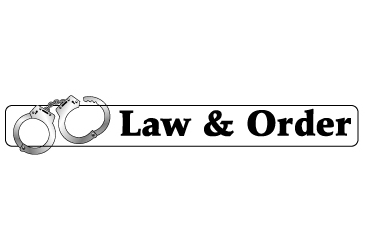by Johnathan Tonge
BIRH ISLAND—Something very unusual took place last Thursday. Something almost unheard of. Men shared their feelings. Although the large table of the Whitefish River First Nation council chambers was filled, near total silence was observed, as one by one, five men shared the stories of their lives—their struggles and their triumphs.
This unique night was part of a program called I am Warrior, which was organized by Mnaamodzawin Health Services. Coordinator for the program, Craig Abotossaway, said the program is part of Men’s Health Month. He said the word ‘Warrior’ in the name is not meant to represent a fighter but rather a strong and healthy male figure. “It’s about being a better father, a better husband, a better man and a role model.”
Five men put forward examples of that warrior as they told the room of their troubled histories. Lance Panamick of Sheshegwaning spoke about growing up in an alcoholic home; about his parents physically fighting over him or about waking up to a stranger asking him to watch TV with her. Then about his own substance abuse later on in life. From having black eyes, he had no memory of to his wife and kids leaving him multiple times.
Mr. Panamick’s sad tale was similar in many regards to the other men’s but so was his road to betterment – education. While receiving a post secondary education, Mr. Panamick learned about the tragic history of this country’s Native peoples. He learned about his own family connections to the residential school system. He also learned about holistic health. He is now on a path of healing, works at Sheshegwaning’s health centre and has been sober since 2009, but he emphasizes that “the journey is never over.”
Norm McGraw of Aundeck Omni Kaning also spoke about substance abuse. He said it led to him dropping out of post secondary and to “becoming dependent on welfare and theft.” Mr. McGraw said he spent time in jail, “a cloud” that followed him for many years but even that was not enough to turn his life around. It took being hospitalized for him to decide to change. He said the journey was full of “learning curves,” but through the help of his family and the traditions of his community he is succeeding.
All of the men shared tremendously personal stories and for at least one of them it was not an easy choice to accept the responsibility. Troy Pitawanakwat of Whitefish River First Nation said it took him a day and a half to decide whether he would participate. But then he realized something. “I thought, maybe my story could reach somebody.”
He did. They all did. After the five men had finished speaking a feather was passed around and each person in attendance spoke. Every person thanked the men for their “honesty,” for their “bravery” and for sharing such personal and painful experiences.
Some men shed tears as they offered thanks to the speakers, others shared their own stories of hardships. Other men reaffirmed the messages of the speakers saying how important it was to “own up” to one’s actions. More than anything else, however, the men said that there must be more of these opportunities for men to share their feelings and to heal together.




